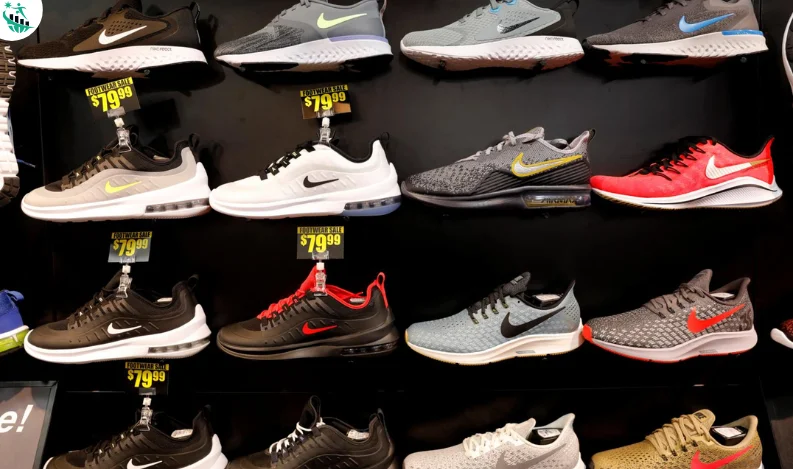
Nike, Adidas, and Skechers Urge Trump to Lift Tariffs, Citing Industry-Wide Crisis
The biggest names in global footwear—including Nike, Adidas, Skechers, and Under Armour—are urgently appealing to President Donald Trump to exempt shoes from his sweeping new tariff policy, warning that the levies could devastate both businesses and American families.
In a strongly worded letter delivered this week to the White House, the Footwear Distributors and Retailers of America (FDRA) described the tariffs as an “existential threat” to the U.S. footwear industry. The letter was co-signed by 76 major brands, highlighting the breadth of concern across the sector.
Industry Sounds Alarm on Inventory and Affordability
“Many companies making affordable footwear for hardworking lower and middle-income families cannot absorb tariff rates this high, nor can they pass along these costs,” the letter stated. “Without immediate relief, they will simply shutter.”
According to the FDRA, orders have already been put on hold, and there is growing fear that footwear inventory for U.S. consumers may soon run dangerously low. The trade group’s call to action underscores the cascading impact of Trump’s tariff regime, which has blindsided an industry heavily dependent on global supply chains.
Trump’s Tariff Plan Sparks Uncertainty
The latest tariffs, announced by President Trump on April 2, target imports from critical sourcing hubs such as China, Vietnam, and Cambodia. While the administration agreed to a 90-day reduction to 10% for Vietnam and Cambodia, it has imposed an eye-popping 145% effective tariff rate on Chinese goods—a blow to an industry that sources the vast majority of its products from Asia.
Americans spend approximately $31 billion annually on sneakers, nearly all of which are imported from countries now under Trump’s tariff radar. The policy, referred to as the “reciprocal tariff” strategy, is part of the administration’s broader efforts to rebalance trade and bring manufacturing back to the U.S.
However, the footwear industry argues that this approach misses the mark.
No Time for Supply Chain Overhauls, Brands Warn
“This is an emergency that requires immediate action and attention,” the FDRA wrote. “The American footwear industry does not have months to adjust business models and supply chains while absorbing this unprecedented and unforeseen tariff regime.”
Industry leaders say the new tariffs don’t offer the time or economic certainty needed to reorganize production domestically or in alternative regions. Contrary to White House claims that tariffs will force companies to return manufacturing to U.S. soil, the FDRA argues the approach is counterproductive—making long-term investment in new facilities far too risky.
Consumer Prices, Sales Also at Risk
Adidas this week echoed those concerns publicly, warning that the tariffs could translate to higher prices for U.S. consumers, undermining retail demand and household purchasing power. In March, Nike’s Chief Financial Officer signaled a forecasted sales dip tied to global economic volatility and shifting trade policies.
Even before Trump’s latest tariff announcement, the industry was grappling with elevated import duties, particularly on children’s footwear, which already carried steep fees. Now, U.S. shoe companies are bracing for total tariff burdens ranging from 150% to 220%, according to the FDRA’s estimates.
White House Silent as July Deadline Approaches
The Trump administration has yet to respond publicly to the letter or the mounting criticism. However, the temporary reprieve granted to Vietnam and Cambodia expires in early July—leaving shoe retailers and suppliers with limited time to prepare for what many describe as a commercial and logistical nightmare.
So far, the White House has offered no indication of whether it will consider exemptions for the footwear industry.
As the countdown continues, the letter remains a stark warning of potential store closures, job losses, and price shocks in an already fragile consumer goods market. The FDRA and its member brands are urging immediate action—hoping to avoid a scenario where American consumers are caught barefoot in the crossfire of international trade wars.



Recent Comments:
No comments yet.